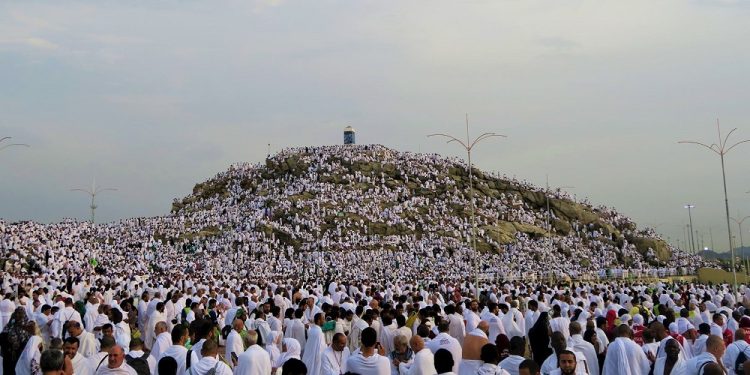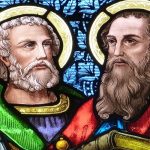
Day Of Arafat
The Day of Arafat, also known as the Day of Arafah, is an Islamic holiday observed on the 9th day of Dhu al-Hijjah of the lunar Islamic Calendar. It is the second day of the Hajj pilgrimage, the holiest day on the Islamic calendar, and the day before the holiday of Eid al-Adha. Muslims observe this holiday with morning prayers, and pilgrims make their way to the hillside of Mount Arafah and the Plain of Arafah. It is at this location that the Prophet Muhammad gave one of his last sermons during the final year of his life. This day is considered the day when Allah completed the religion, finalized His favors towards the Prophet Muhammad, and perfected Islam as a way for the faithful to live.
Customs & Traditions Of The Day Of Arafat
Mount Arafat is a hill approximately 12 miles southeast of Mecca in the plain of Arafah. It reaches a height of about 230 feet and is known as Jabal ar-Rahmah, or the Mountain of Mercy. According to some Islamic traditions, this hill is where the Prophet Muhammad stood and delivered his Farewell Sermon (the Khutbat al-Wada) to the people who had accompanied him for the Hajj towards the end of his life.
On this day, before noon, Muslim pilgrims arrive at the Plain of Arafah where they observe a vigil, offer supplications, and repent for all their sins. As they seek Allah’s mercy, they listen to Islamic scholars who deliver sermons near Mount Arafat. These observances last from noon until sunset, and the practice is known as “Standing Before God.” This is one of the most significant rites of Hajj. It is so significant, in fact, that if a Muslim pilgrim does not spend the afternoon on Arafat, then their Hajj is considered invalid.
For those not participating in the Hajj, fasting is a recommended activity. According to tradition, Muslims who fast on this day will be forgiven for the sins of the past year and the coming year as well.
For pilgrims, it is recommended that they not fast as this would place an undue hardship on them. Besides, Muhammad did not fast when he stood before Allah and offered supplications. Those who make the pilgrimage will receive the blessing of Allah. Other traditions observed on this holiday include saying prayers and preparing for Eid ul-Adha. Shia Muslims recite the Arafah prayer until sunset, and this day is known as the day of prayer. Those who cannot make it to Mecca travel to other holy places such as mosques to recite this prayer.








